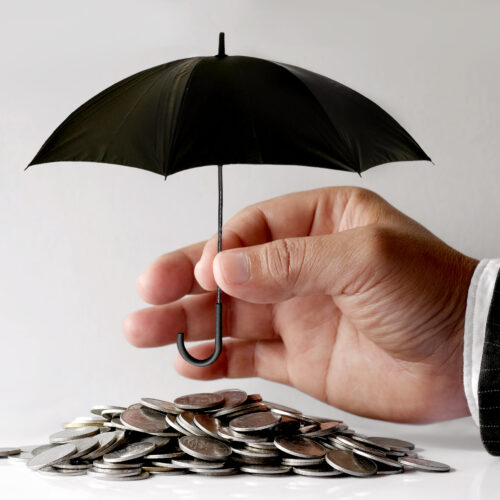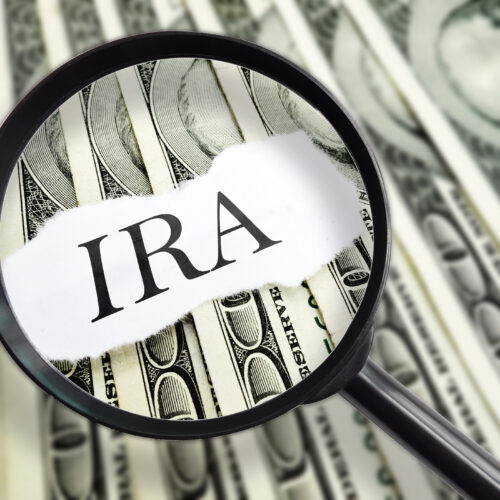Everyone looks forward to retirement (as they should), as it’s a time that you can relax and enjoy doing the things you love after years of working. Well as you start to near retirement in your 50s, it’s more important than ever to evaluate your retirement plan and think about what your financial future looks like. If you haven’t started planning your retirement yet, here are some important things you should know.
401(k) Catch Up Contributions
At some point in your professional career, you have probably opened a 401(k) and have been steadily contributing to it over the years. Well now that you’re in your 50s, you can make “catch-up” contributions each year to your 401(k) plan.
Catch-up contributions are a great way to boost your nest-egg if you weren’t able to save as much as you had hoped. For 2021, the catch-up contribution limit is $6,500, which means you can contribute an extra $6,500 in addition to the $19,500 limit. Making catch-up contributions has the possibility to make a significant positive impact on your savings account.
Pay Off Debt
It’s always easier said than done, but paying off any debt you have now will make things easier on you in the long run. Paying off any debt you can now, such as credit cards or student loans, will save you from having to use your retirement savings to pay it off. We’re not saying you have to pay off your entire mortgage, but paying off any amount of debt wherever it lies is generally a good rule of thumb.
Not only will it save you from using your retirement funds to pay off your debt, but the extra money saved can be used to continue investing and grow your retirement savings. Just because you retire doesn’t mean your money stops working for you.
Refine Your Budget
It’s more than likely for the best that you start to cut out unnecessary spending. Do a self-audit of your bank statements and see which subscriptions you can do without, or where you could cut back spending (i.e. bringing lunch from home instead of eating out).
Once you have identified areas where you can save money, you can start contributing more to your retirement account. Remember, it doesn’t have to be a significant amount, as every little bit counts and, of course, it all adds up in the end.
The most important thing to remember when planning for retirement is to make sure you’re planning for your needs and continuously saving.
Photo by Gustavo Fring from Pexels.






